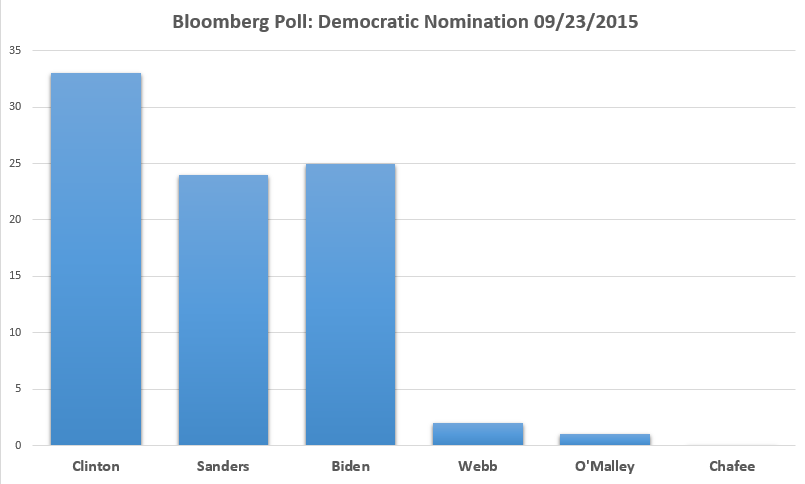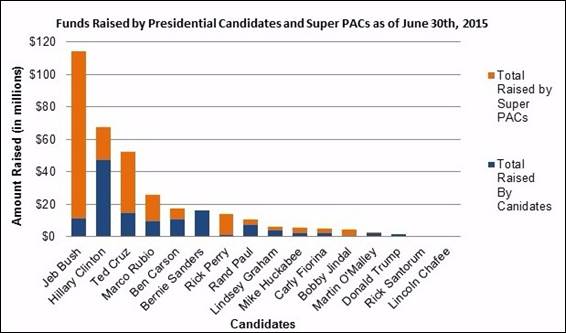Fund Managers Making Millions from University Endowments

The soaring endowments at America’s top universities are doing more to line the pockets of the millionaire private equity fund managers who run them than they are for the schools’ students, argues a New York Times op-ed published today.
At Yale University last year, for example, fund managers received $480 million in compensation for managing a third of Yale’s $24 billion endowment. Meanwhile, the school spent just $170 million of that endowment on tuition assistance, fellowships and prizes, according to an analysis by Victor Fleischer, a law professor at the University of San Diego.
He found a similar at Harvard, the University of Texas, Stanford and Princeton. “We’ve lost sight of the idea that students, not fund managers, should be the primary beneficiaries of a university’s endowment,” Fleischer writes. “The private-equity folks get cash; students take out loans.”
Related: Harvard’s In-House Fund Managers Get 70 Percent Pay Hike
It’s worth noting that all the schools Fleischer cites do have relatively generous tuition assistance programs, and they often spend their endowments on capital improvements and other projects that indirectly benefit students. Their endowments have also enjoyed record returns under private equity management.
Fleischer argues that college endowments should be required to spend a percentage of their assets each year, much like other private endowments. That would lead to lower overall endowments but might put a damper on tuition increases and would lead to improved research facilities, he claims.
Last year American universities invested about 11 percent of their portfolios in private equity and saw a 16.5 percent return on them, according to the National Association for College and University Business Officers.
Top Reads from the Fiscal Times:
- Replace Obamacare with What? GOP Candidates Start Slinging Proposals
- Clinton Tries to Brush Off Email Affair as She Wades Deeper into the Morass
- From Russia with Sub: Amazing Pictures of Putin in the Black Sea
Will Trump's Tax Cuts Really Happen? Economists Are Surprisingly Optimistic
Despite all the thorny questions swirling around President Trump's nascent tax reform plan, 29 of 38 economists surveyed by Bloomberg in a monthly poll said they expect Congress to cut taxes by November of next year.
The hitch: The economists don’t expect the cuts will help the economy much. The median projection of a larger group of 71 economists is for 2018 growth of 2.3 percent, up only slightly from 2.1 percent this year — and by 2019, the economists see growth slipping back to 2 percent.




